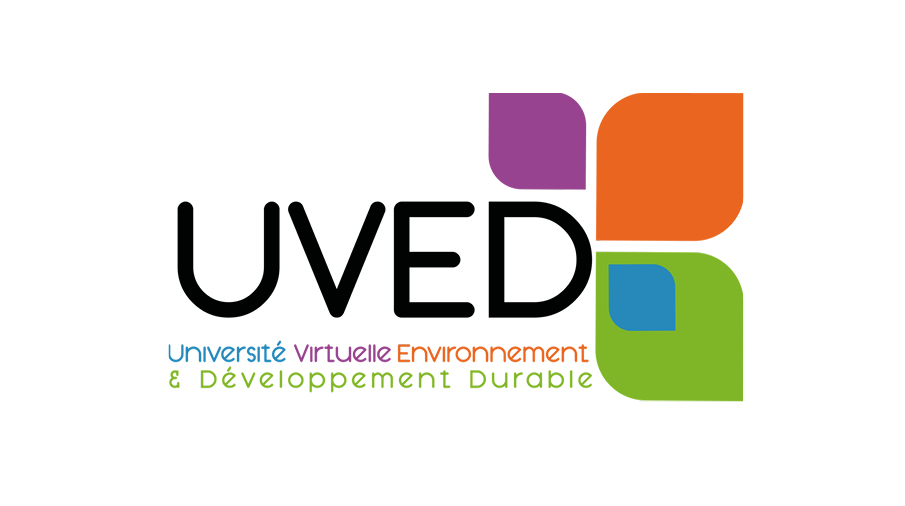
Sommaire
Systems approaches to food production and supply – a word from the experts
Interview with Abram Bricksler (Agricultural Officer, FAO) and Andrea Polo Galante, (Senior Nutrition Consultant, FAO).
First Abram Bricksler talks about linkages between healthy diets and food production playout mentioning the diverse and mutual relations between diets, cuisine, agricultu...
Date de création :
04.11.2022Auteur(s) :
Bicksler Abram, Polo Galante AndreaPrésentation
Informations pratiques
Licence Creative Commons : Attribution, Pas d'utilisation commerciale, Partage dans les mêmes conditions
Description de la ressource
Résumé
Interview with Abram Bricksler (Agricultural Officer, FAO) and Andrea Polo Galante, (Senior Nutrition Consultant, FAO).
First Abram Bricksler talks about linkages between healthy diets and food production playout mentioning the diverse and mutual relations between diets, cuisine, agriculture, social and natural environment. Both dietary choices drive production systems, but also production systems drive dietary choices. Therefore, changes to diets can help drive sustainability of food systems, but this is not sufficient:
in order to drive sustainable food systems, we need both the bottom up from consumers, and we also need top down: changes to policies, research and extension.
Then Andrea Polo Galante describes the sustainable food value chain for nutrition framework : the starting point is the analysis of the nutrition problem in the target population, breaking away from the usual perspective of Value Chain development. By analyzing the VCs of these selected nutritious commodities with a nutrition lens, one can identify the constraints in supply and demand of these foods as well as the specific strategies to take to address these constraints.
Explanation is given on why it’s interesting to adopt Value chain for nutrition approach : it helps identify entry points for policy interventions, investment decisions, and capacity development, considering not only the way food is produced but also how it is processed, distributed, marketed, and consumed.
- Granularité : grain
- Structure : collection
Intervenants, édition et diffusion
Fiche technique
- LOMv1.0
- LOMFRv1.0
- SupLOMFRv1.0
- Voir la fiche XML





